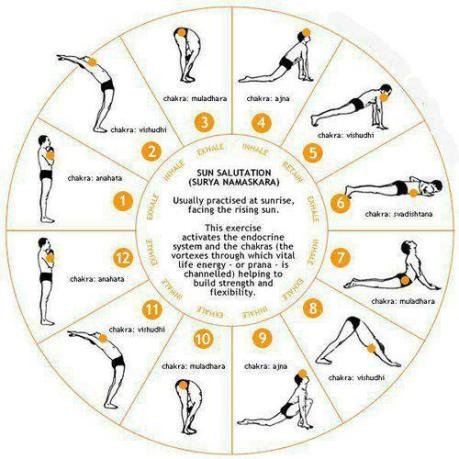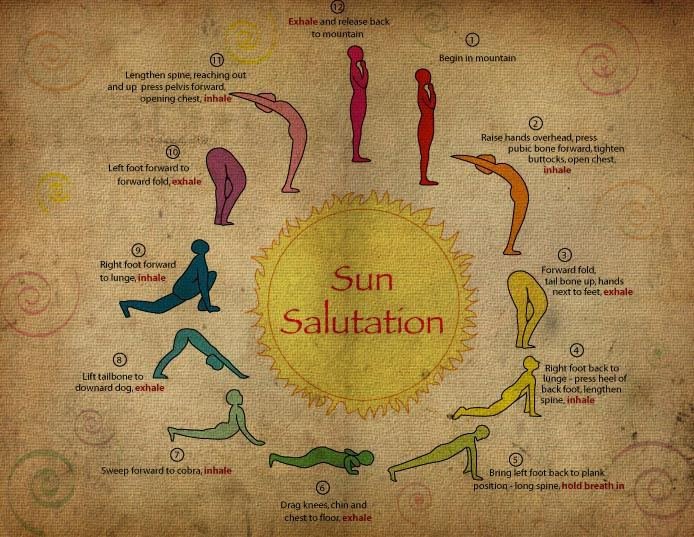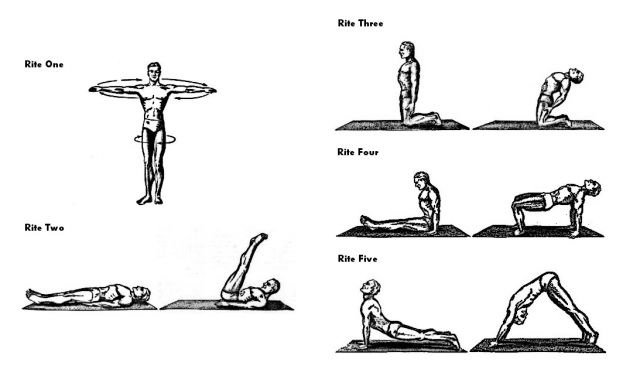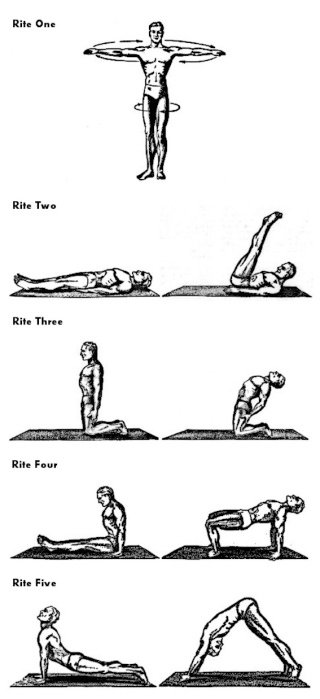Love your Body
Dear All PT Members, you are working day/night like machines.
It’s high time to every one to keep your body in condition. Body is very much required in this material world..
Your body is the perfect reflection of who you are . . . .
The conscious and the unconscious.
Your personal history can be read through your body as well as through your diseases, sicknesses, illnesses, chronic injuries and repeated situations.
You truly are in control of everything that happens to you.
Anytime, anywhere!
Personal or professional.
Look around and ask yourself how aware am I about my reality?
Can I change what I don’t like? Where do I want to go?
Who has decided and who is making the choices?
Your body is an indicator of your weaknesses and your fears.
Your soul uses your physical dimension to show you the way.
Listen, look, feel and then you will find safety and balance to create happiness and health.
From 7th Feb at 8:00 Am Saturday (Morning) Malaysian time… ” Love your Body”
online yoga and health care program… we start right from basics..warm up exercise,
mudras practice,breathing exercises.. meditation..group meditation. slokas chanting,
Kriyas, etc …
IMPORTANT
Take it really slowly at first. Do not attempt advanced asanas without proper preliminary exercises and warm-ups over several years. Though any person may start to practice asanas, they only become truly effective and beneficial when performed in the proper manor after correct preparation. Asana should be performed slowly with complete awareness of the body, breathing and mind. For best results asana should be practiced everyday with patience, gentleness and determination. Asana should never be attempted without proper guidance from a qualified instructor.
BEFORE STARTING
Take a cold shower. This will greatly enhance the effect of your yoga practice.
EMPTYING THE BOWELS
Before starting yoga the bowels, bladder and intestines should be emptied.
EMPTY STOMACH
The stomach should be empty. Do not begin yoga until at least 4 hours after a heavy meal. Early morning practice is recommended. Drink plenty of water after yoga.
USE A YOGA MAT
Do not use a mattress which is spongy or filled with air. Blankets are also good.
CLOTHES
During Yoga it is best to wear loose, light and comfortable clothing. Before commencing remove spectacles, wristwatches and jewellery from your body.
PLACE OF PRACTICE
Should be in a well-ventilated room, where it is clean, calm and quiet. Practice in the shade, but never after sunbathing. The ground should be clean and flat, preferably outside in a beautiful garden or natural environment.
WARM-UPS
Always do 10 to 20 minutes of simple warm-ups before starting asana. This can be done by practicing the pawanmuktasana series – basic flexibility and removal of minor energy blocks, or 5 to 10 rounds of surya namaskar –salutations to the sun. This will ensures that all the joints are open and loose, and the muscles are warm and relaxed.
BREATHING
Always breathe slowly and deeply through the nose, co-ordinating the breathing with the stretch.
AWARENESS
Asana should be performed slowly with full awareness of the body, mind, breathing or spiritual centres.
RELAXATION
Relax the mind and body before, during and after asanas. After asanas practice savasana for at least 10 minutes.
COUNTER-POSE
Every stretch should be followed by an equivalent counter-pose, i.e. forward bending followed by backward bending,
INVERTED STRETCHES
Do not do inverted stretches if you have eye problems or head and neck injuries. Women should not practice inverted stretches during menstruation or pregnancy.
PAIN
Never exert undue force or strain. Pain is treated by the yogi as a stop signal. If you experience pain in any part of the body, the stretch should be immediately terminated. Seek medical advice. Beginners may find their muscles stiff at first, but after several weeks of regular practice they will become surprisingly suppler.
RESTRICTIONS
People who have fractured bones and those who are suffering from any chronic disease like ulcers, tuberculosis or hernia, or any mental or physical condition or restriction, should seek professional medical advice before commencing yoga. If there is any reason why you feel you should not practice yoga, you should first seek advice from a qualified medical practitioner.
Ten Principles of Yoga
DISCIPLINE
To succeed in yoga one must have discipline. Regular, systematic practice is essential. Discipline also means yama and niyama – restraints on behaviour through universal moral commandments and self-purification through spiritual discipline. Swami Sivananda says “To achieve the goal of yoga one must have constant spiritualization of all activities and cultivation of virtues such as non-violence, truthfulness and celibacy.” If you are not religious try to maintain mindfulness and constantly be in the present moment aware of all actions and thoughts.
FOOD
Eat a nourishing and well balanced diet, based on natural foods. Avoid over-eating. Avoid fasting too much. Avoid over-processed foods. Eat only foods that are easily digestible. This keeps the body light and supple and the mind
calm, giving a high resistance to disease. It is essential to drink plenty of water between meals, especially during periods of intense practice. Take natural remedies for illness, avoiding pharmaceuticals and synthetic medicines except in emergencies. Advanced students should consider a purely vegetarian diet to enhance spiritual progress.
SEX
Yoga teaches that sexual energy should be conserved and used for spiritual progress. Complete sexual suppression is not necessary, but it should be reduced and controlled as much as possible. This will save huge amounts of energy and considerably decelerate the aging process. It will also help in reducing the great attachment that people have with sex and the material world. Yoga does not utilize the transcendental experience of sexual union for the path to spiritual awareness. Yoga advises celibacy – reduced sexual activity and thoughts.
SLEEP
Too much sleep makes the body lazy and weak and reduces the amount of waking time. It is only necessary to have about 5 to 6 hours sleep per night but most people have 8 to 10 hours. Try to go to sleep at 9 or 10 P.M. and get up around 5 or 6 A.M. This is ample time to get a good night’s sleep and gives you enough time in the morning for yoga practice.
RELAXATION
The technique of yoga nidra {deep relaxation} releases tension and stress in the mind and body and rests the whole system, leaving you as refreshed as after a good night’s sleep. It carries over into all your activities and teaches you to conserve energy and let go of all worries and fears. Deep relaxation leads into pratyahara – withdrawal of the senses – leading to inner awareness and greater concentration. However, in yoga nidra you are not allowed to sleep.
EXERCISE
Try to exercise regularly for a healthy heart, muscles and circulation with jogging, swimming and asanas. In Yoga proper exercise is given by the salutations to the sun and the asana, which work systematically on all parts of the body, stretching and toning the muscles and ligaments, keeping the spine and joints flexible. and improving
circulation and the flow of prana. This brings steadiness and lightness to the body and mind. Never exert un-due force, as pain is signal to stop the practice.
BREATHING
This means breathing fully and rhythmically through the nose, making use of all not just part of your lungs to increase your intake of oxygen. Pranayama – yogic breathing techniques – teaches how to recharge the body and control our mental state by increasing and regulating the flow of prana – vital energy – conserved in the chakras – energy centres.
CONCENTRATION AND MEDITATION
Being in the present moment, with continuous mindfulness and awareness of every present moment, is the key to spiritual evolution. Concentration techniques help improve mental stability and awareness. This helps to still the mind, reducing stress and tension in preparation for meditation. Meditation helps us to find inner peace and teaches how to become aware of the inner self, ultimately transcending all thought, leading to complete absorption with the Divine.
POSITIVE THINKING AND DETERMINATION
There are many obstacles on the path of yoga. It is extremely important to have a strong determination to succeed while maintaining a positive mental attitude. Positive thinking promotes mental health and helps to remove negative thoughts, avoiding anxiety and depression through life’s ups and downs. This includes awareness of all thoughts, speech and actions, and maintaining a high standard of morality.
PATIENCE AND GENTLENESS
Do not try to rush your progress. Hatha Yoga takes many years of discipline to achieve safe results, and in time you will understand the need for patience and gentleness. Rushing this process may result from not understanding basic concepts and theories and may cause many problems including physical and mental injury, ego inflation and exhaustion. Relax. Take your time, advancing slowly but surely, day by day.




The Five Tibetan Rites / Energy Rejuvenation Exercises I